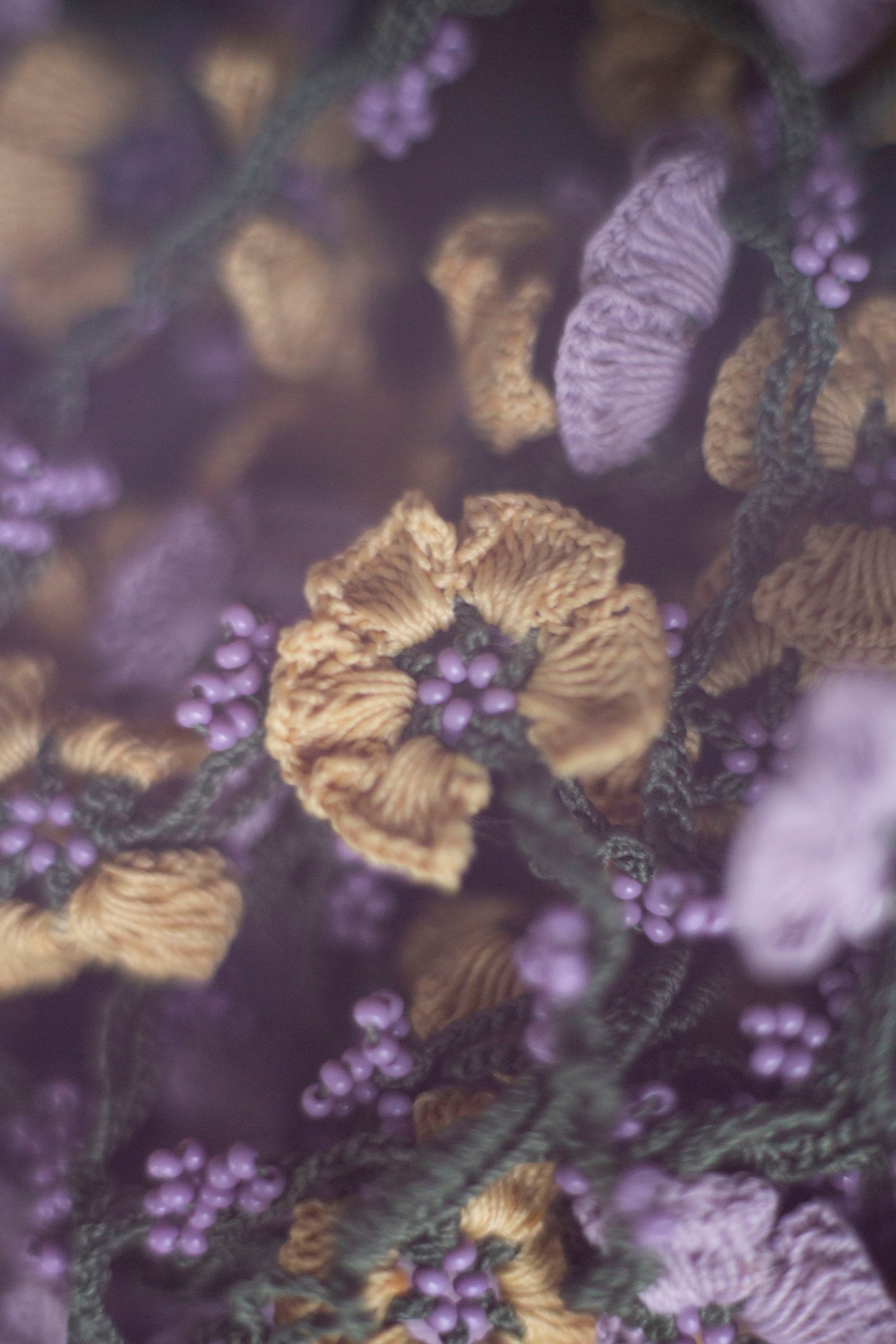By Idil Asan
Food is part of our identities, our history, culture, and politics. For Palestinians in exile, it is a thread that connects to their homeland, an instrument for memory, recollection, and community. Unsurprisingly, many Palestinians in the diaspora reflect on identity and memory through food. In the beautiful poem ‘My Father and the Fig Tree’, Arab American Poet Naomi Shihbab Nye writes.
…. Years passed, we lived in many houses,
none had fig trees.
We had lima beans, zucchini, parsley, beets.
"Plant one!" my mother said.
but my father never did.
He tended garden half-heartedly, forgot to water, let the okra get too big.
"What a dreamer he is. Look how many
things he starts and doesn't finish."
The last time he moved, I got a phone call,
my father, in Arabic, chanting a song
I'd never heard. "What's that?"
He took me out back to the new yard. There, in the middle of Dallas, Texas,
a tree with the largest, fattest, sweetest fig in the world.
"It's a fig tree song!" he said,
plucking his fruits like ripe tokens,
emblems, assurance
of a world that was always his own.
Food is also an indispensable part of the ongoing Palestinian struggle against occupation, where access to land and water continue to be restricted and controlled and the effects of which permeate everyday life. Across generations and geographies, Palestinians, even as we speak, continue to resist symbolic and physical erasure - culinary heritage being part of this struggle.
As part of the ‘food and heritage’ series, we spoke to our friend Areen Saba. Areen, who is Palestinian Christian was born in Nazareth and studied environmental engineering in Jerusalem. Her passion for food has led her to take French cooking training. Areen wants to pursue this field professionally and open her own restaurant in the French Alps, a Franco-Palestinian fusion with her family.
A childhood memory of a special homemade meal is…
When I was a kid, I hated when my mom made "winter dishes" which was mostly sautéed green leaves that grow in the nature in the winter season, these greens are mixed with onions, and caramelised in olive oil. Such dishes were" khubeizeh- a plant from the family of hibiscus, "sabanekh- spinach"... My mom would also make a yellow lentil soup as well to accompany these dishes.
Today I see it as food that warms the soul.
My go-to recipe is…
My go to recipe would be Mjadara, a green lentil stew cooked with rice or bulgur and topped with a mountain of caramelised onions. And a scoop of goat yogurt. Mjadara is a dish made a lot across the Levant region, and we make it during the olive tree harvest since you need a lot of olive oil for the caramelised onions.
My dream dinner menu is…
My dream menu would be a lunch menu served in a traditional Palestinian, Lebanese, or Syrian restaurant. A colourful table with fresh salads and meze.
Another cuisine that excites me is…
I have a big weakness for Asian cuisine, but if I had to pick one, I would go for Japanese cuisine.
My favourite ingredients from my homeland
My favourite ingredients that I always buy an extra bag for to take back to France would be: Tahini, olive oil, sumac, zaatar and freekeh.
A less known Palestinian dish to the Western world…
I would say Maftoul. It is a Palestinian grain dish. Cooked here with several aromatic spices, chicken, and chickpeas.
A dish I would love to learn to make is …
I would love to learn more about sour bread making. I love love love bread.
For my friend I would cook …
For my friends I would always cook some kind of a fusion of Arab and French cuisine.
An ingredient I could never live without in my kitchen.
One ingredient I couldn't live without is definitely olive oil.
My guiltiest Palestinian food pleasure ...
Palestinian salty pastries, I just don't know how to stop.
A taste, smell, or ingredient that I associate most with the land of Palestine… I keep going back to caramelised onions, because it's really the base for a lot of dishes I love. And the smell is just heavenly.




